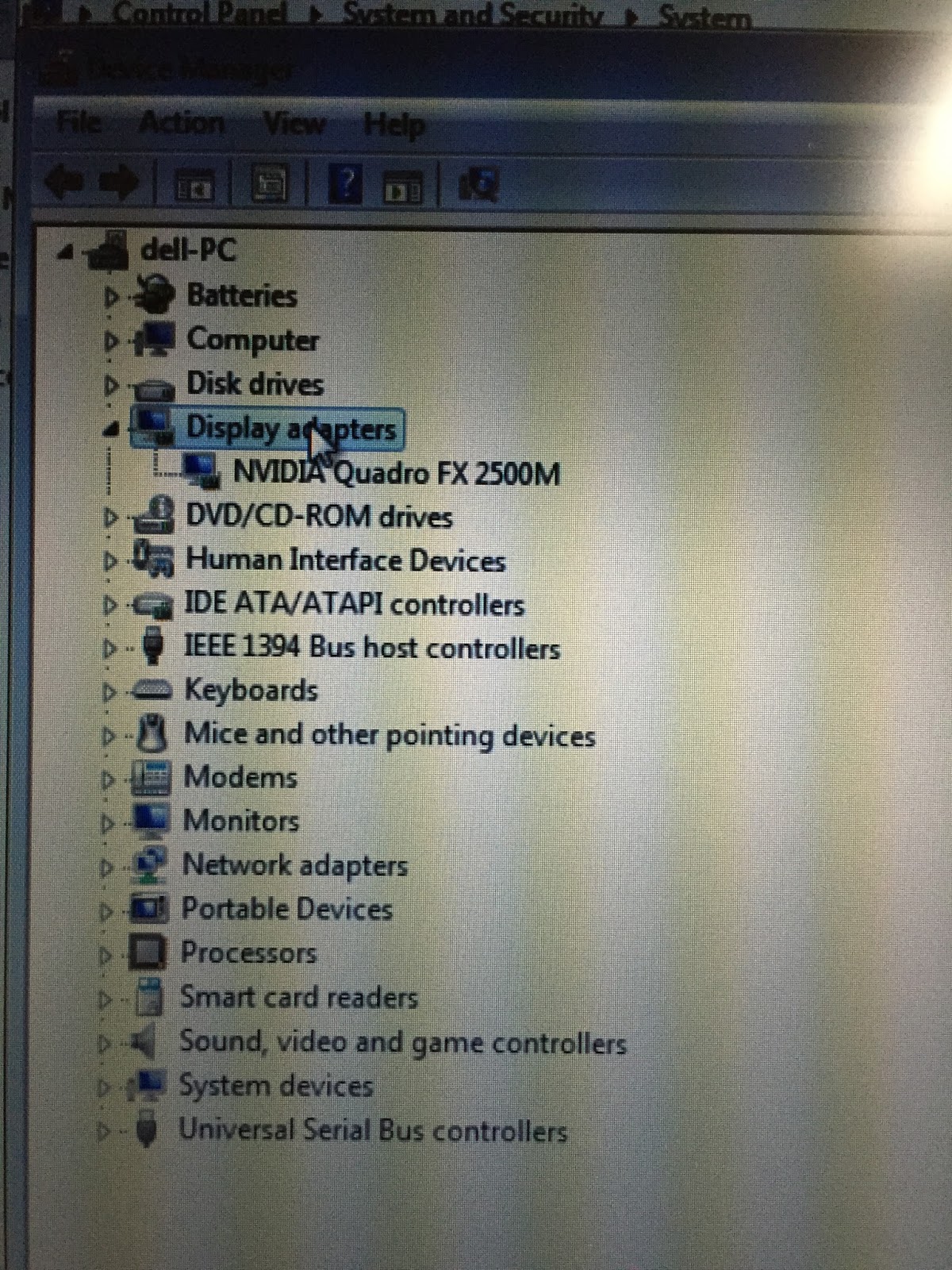
In addition to libraries, compiler directives, CUDA C/C++ and CUDA Fortran, the CUDA platform supports other computational interfaces, including the Khronos Group's OpenCL, Microsoft's DirectCompute, OpenGL Compute Shader and C++ AMP.

Fortran programmers can use 'CUDA Fortran', compiled with the PGI CUDA Fortran compiler from The Portland Group. C/C++ programmers can use 'CUDA C/C++', compiled to PTX with nvcc, Nvidia's LLVM-based C/C++ compiler, or by clang itself. The CUDA platform is accessible to software developers through CUDA-accelerated libraries, compiler directives such as OpenACC, and extensions to industry-standard programming languages including C, C++ and Fortran.

ĬUDA is designed to work with programming languages such as C, C++, and Fortran. CUDA is a software layer that gives direct access to the GPU's virtual instruction set and parallel computational elements, for the execution of compute kernels.

CUDA (or Compute Unified Device Architecture) is a parallel computing platform and application programming interface (API) that allows software to use certain types of graphics processing units (GPUs) for general purpose processing, an approach called general-purpose computing on GPUs ( GPGPU).


 0 kommentar(er)
0 kommentar(er)
